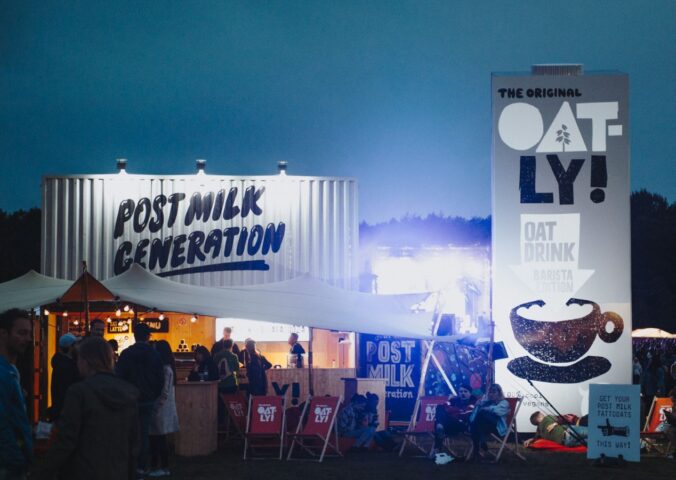New York is closer to banning the sale of dogs, cats, and rabbits in retail stores.
Earlier this month, Bill S1130 (aka the Puppy Mill Pipeline Bill) passed the New York State Assembly and Senate. It now moves to Governor Kathy Hochul.
If Hochul signs the bill into law, pet stores in New York will no longer be able to sell animals. Instead, they can collaborate with organizations to showcase those that need adoption.
According to the American Society for the Prevention of Cruelty to Animals (ASPCA), many New York pet stores work with harmful commercial breeding operations. While they market puppies as coming from responsible breeders, the ASPCA says “this is far from the truth.”
The organization states that in puppy mills, dogs are kept in crowded cages. They do not have access to adequate food, veterinary care, housing, or socialization. On top of that, they often experience severe health issues.
Ending the puppy mill to pet store pipeline
Assemblymember Linda B. Rosenthal introduced the Puppy Mill Pipeline Bill, and says it will deal the industry “a near-mortal blow.”
She added: “Puppy, kitty, and bunny mills use and abuse animals to churn out pets for sale, which are often riddled with congenital diseases, that cost unsuspecting consumers hundreds or thousands of dollars in veterinary bills and incalculable emotional stress.”
ASPCA President Matt Bershadker added that the new law will stop pet stores and commercial breeders from “profiting from unconscionable brutality.”
New York isn’t alone in taking action against puppy mills. In 2017, California was the first state to pass a law against the sale of commercially bred animals in pet stores, although many cities, towns, and counties have their own rules against the practice.
By banning puppy mills, states are encouraging more people to adopt pets, which will help to ease the overcrowding in shelters. According to the ASPCA, more than 6 million companion animals enter shelters in the US every year.






